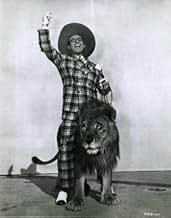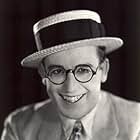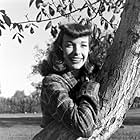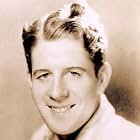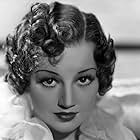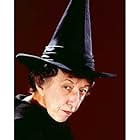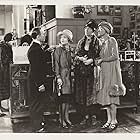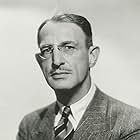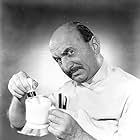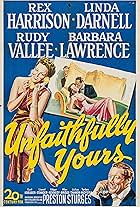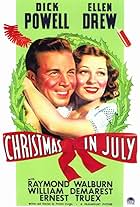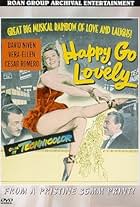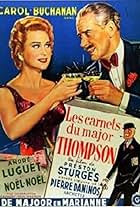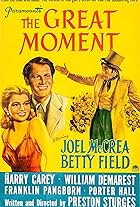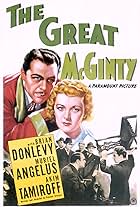Between 1940 and 1944, Preston Sturges wrote and directed some of the best film comedy ever produced. His eight movies for that short period are all good, and it would not be an exaggeration to say that four of the eight have the touch of brilliance.
This sequence of movies came to an end when Sturges left Paramount following what he legitimately saw as increasing interference by studio bosses. His high stature at the studio hadn't prevented two of his movies from being taken out of his hands and re-cut against his wishes, one of which - The Great Moment - was never restored to the movie Sturges intended.
At this point, Sturges declined to join a rival studio, and instead formed a partnership with Howard Hughes, hoping to protect his future movies from the interference he could see was becoming more common within the studio system. However, for a combination of reasons, this partnership with Hughes was not a success, and the only film Sturges produces in that period - The Sin of Harold Diddlebock - shows a decline in his work.
The whole look and sound of the movie is inferior. It is impossible to know whether this decline was the result of an inevitable burn-out in his ability after such sustained success, or the absence of support and quality control that Paramount had applied to the benefit of the wonderful movies that had come before.
So... to "Diddlebock" itself! It is difficult to identify why it isn't as funny as we might expect. The film was created as a star vehicle for Harold Lloyd, and by all accounts his comedy instincts did not match those of Sturges. As much as Stuges tried, clearly such a big talent and personality as Lloyd was never going to completely submit to direction with which he didn't agree, and there must be some evidence of that in what we see on screen.
There is a complete lack of the 'sparkle' we have come to expect. The familiar faces around Lloyd remind us of the great Sturges movies, but to me this is like an inferior pastiche of a Sturges movie by a lesser hand, without such a reliable instinct for film comedy. But perhaps that describes what Preston Sturges had become in such a short time.

